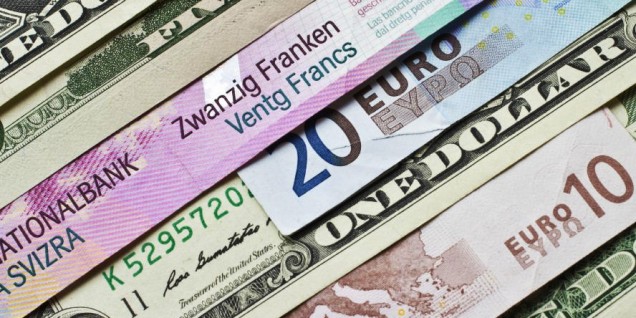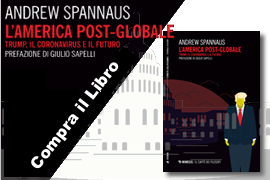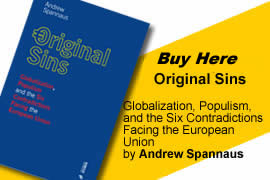(free) –
The coronavirus crisis is forcing Western policymakers to bend their principles: lawmakers in the United States have just approved 2.2 trillion dollars in emergency spending; the President of the European Commission, Ursula von der Leyen, has said that countries can pump “as much as they need” into their economies; and former European Central Bank head Mario Draghi has said that it’s time for public debt levels to be massively increased. Where years of populist revolts against the failures of austerity and globalization have failed, Covid-19 has now succeeded: suddenly deficits and debt don’t matter.
Without a permanent change, there is reason for great concern. Taking on a massive amount of new public debt seems necessary to help our economies weather the storm in the coming months, but what will happen afterwards? The EU institutions are wedded to the monetarist parameters enshrined in their treaties, and deficit hawks are unlikely to abandon their constant efforts to reduce spending for the poor in the United States. So today’s emergency measures risk setting the stage for a return to harsh austerity in the future, when the ideologues of neoliberal monetarism deem that the crisis has passed, and thus that the role of the state in guaranteeing social welfare should again recede.
Read the article on Aspenia online







April 4, 2020
Economia, English, Interventi, Politica